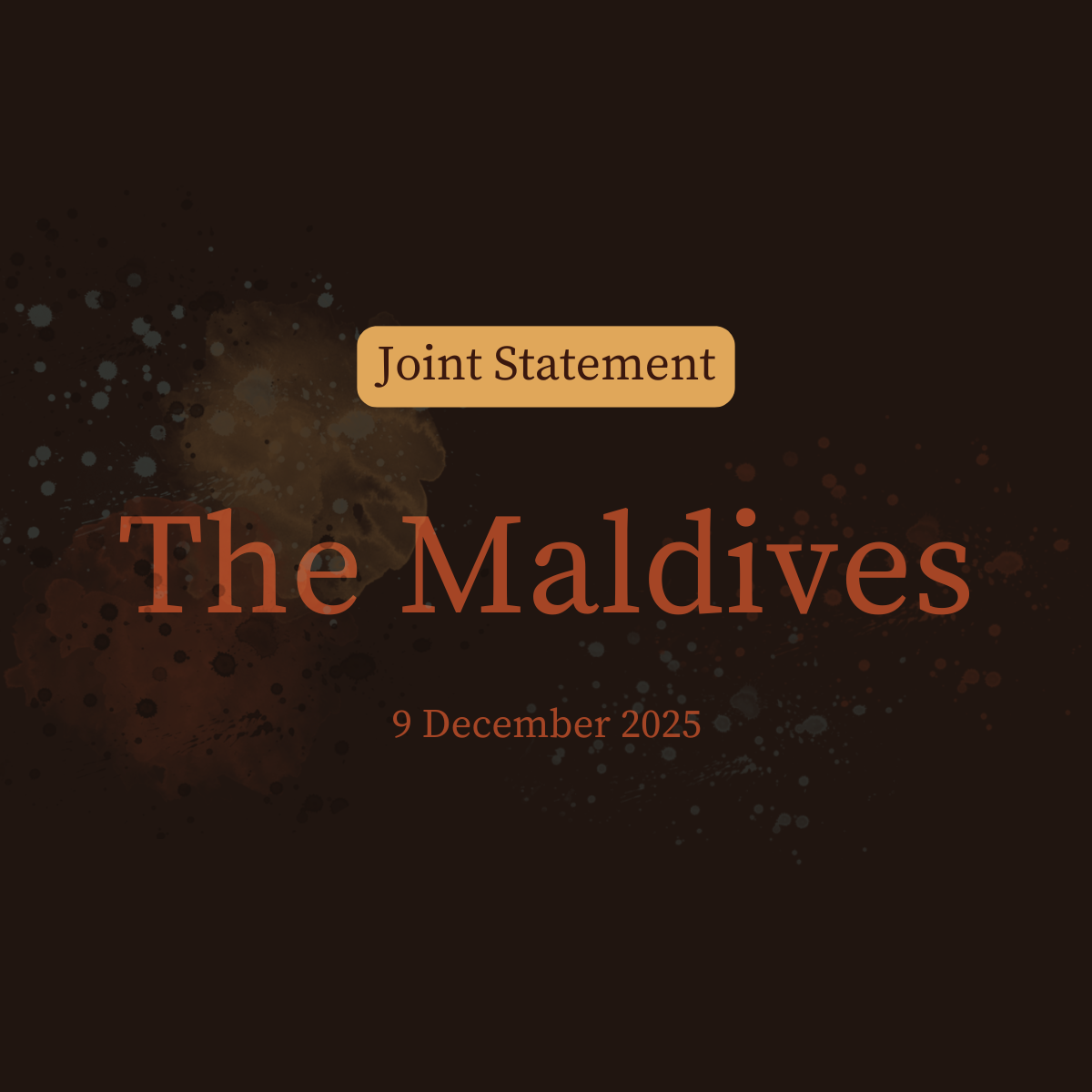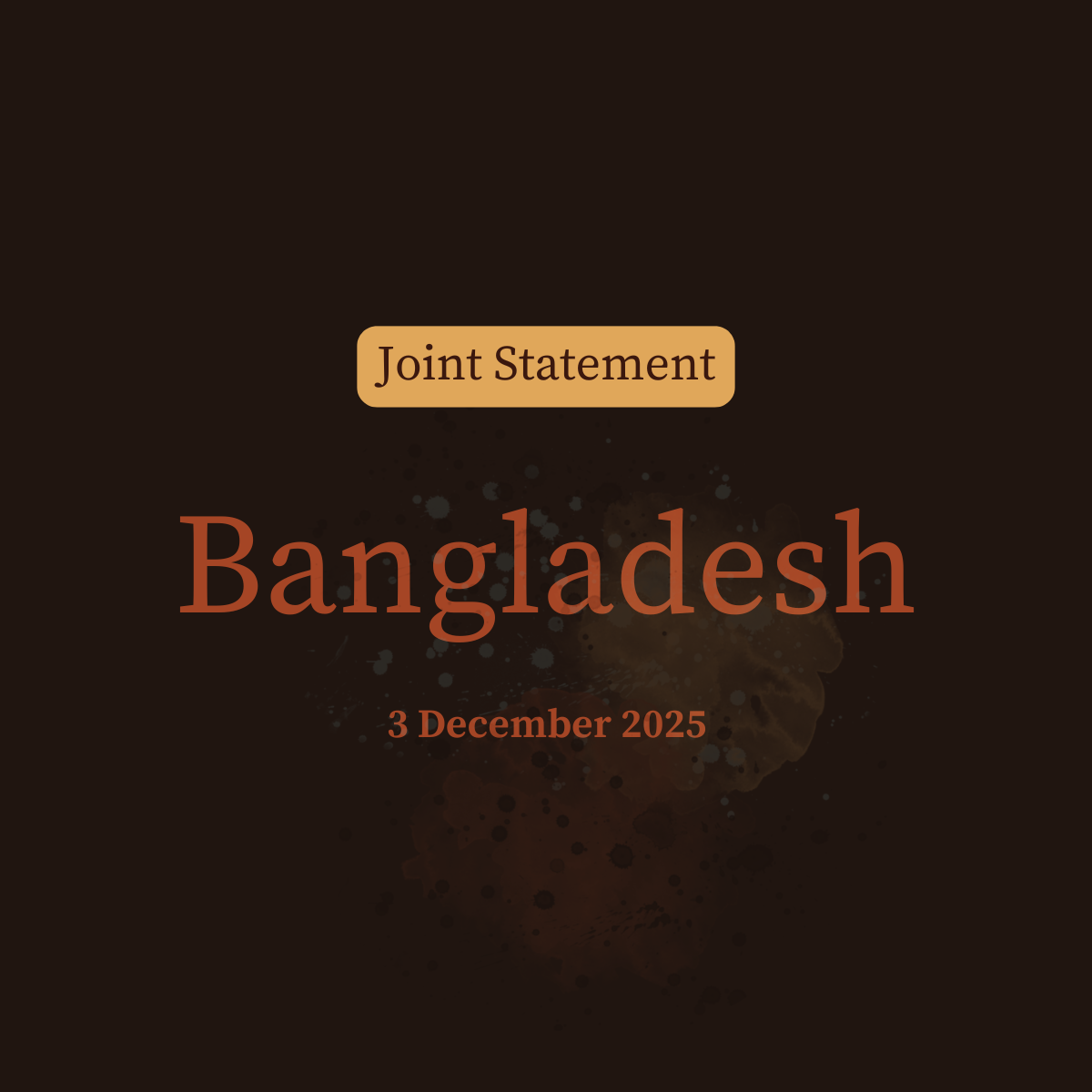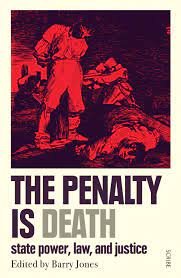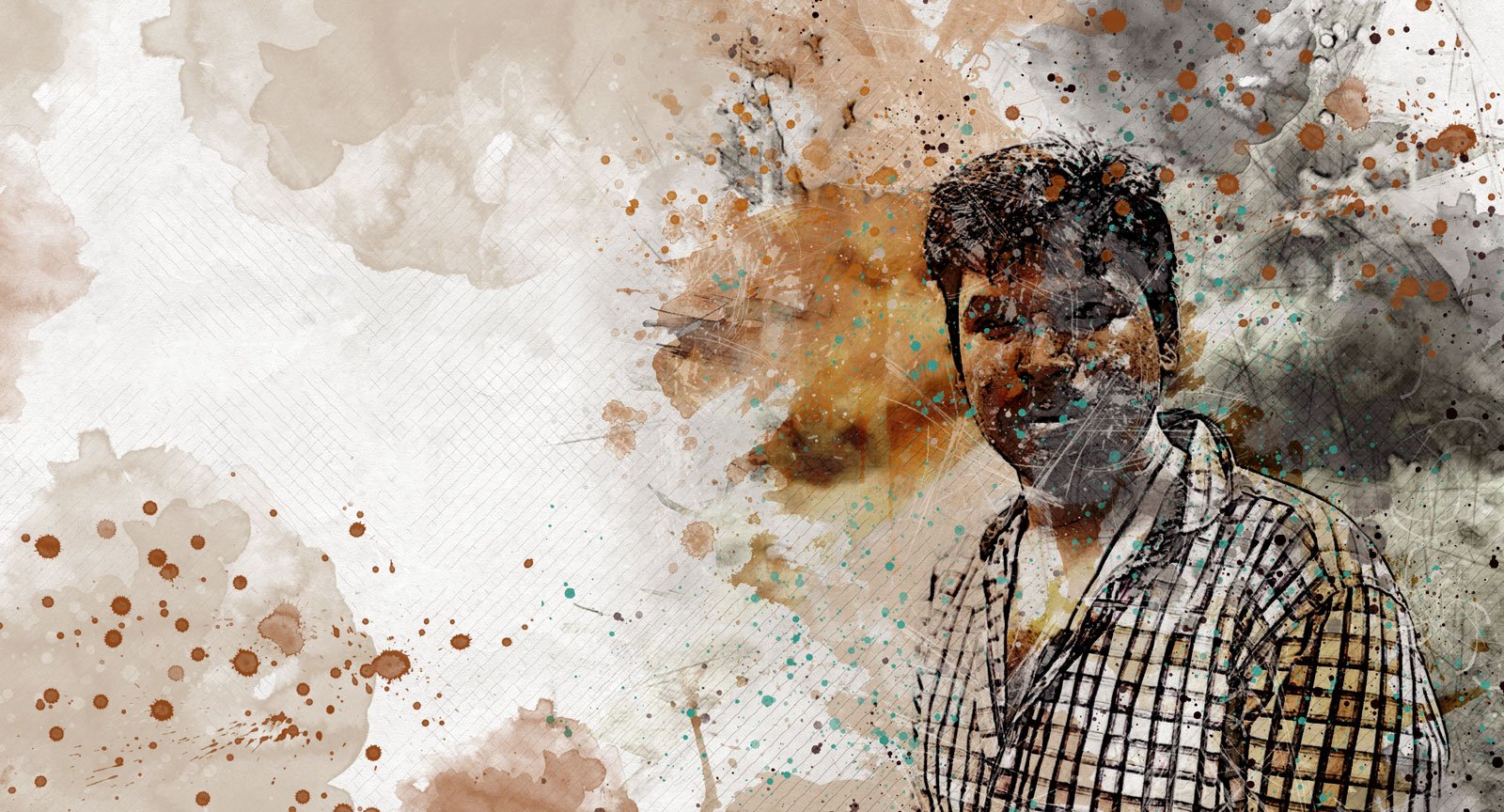
Towards a future without the death penalty.
We’re a team of legal experts and campaigners working to build a world where the death penalty and state-sanctioned killing no longer exist.
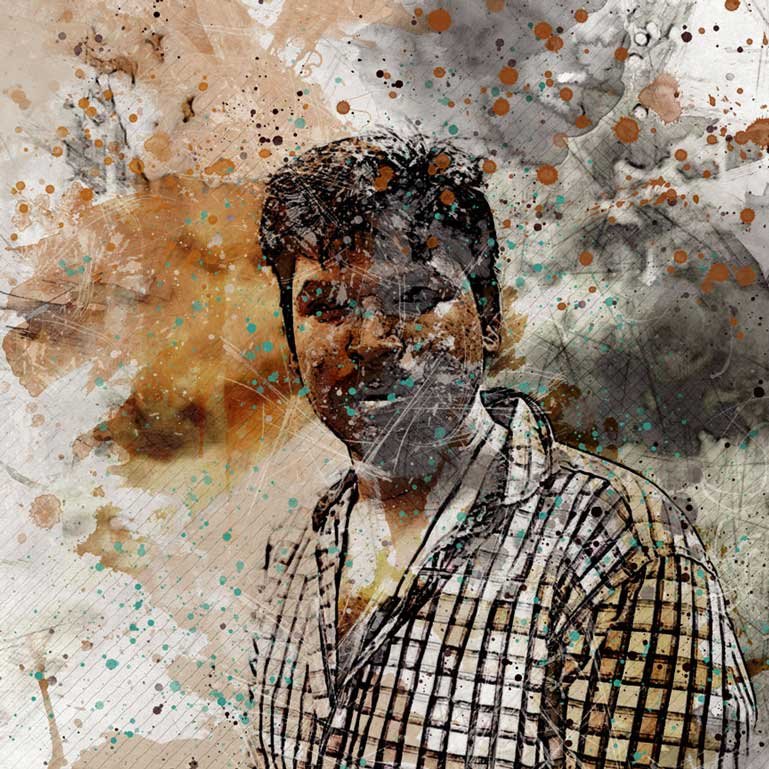
Towards a future without the death penalty.
We’re a team of legal experts and campaigners working to build a world where the death penalty and state-sanctioned killing no longer exist.
Capital Punishment Justice Project (CPJP) stands for a world without the death penalty — in all circumstances for all people.
We work with our partner organisations, volunteers, the Australian public and key stakeholders to develop legal and policy solutions that help save lives.
We do this in four ways:
Advocacy
As well as helping individuals at risk of execution and state-sanctioned killing, we advocate for lawyers, local anti-death penalty activists and allied organisations who are often the target of reprisals for their involvement in defending at-risk individuals.
Casework
We help people who are facing the death penalty access legal expertise, humanitarian assistance, diplomatic guidance, and support for their family members.
Policy
We work to ensure that Australia’s well-documented policy against the death penalty is upheld. There are many scenarios where Australians — and other citizens — may be faced with a death sentence, and we strive to ensure that Australia’s strong policy is upheld, always.
Education
We train lawyers on-the-ground in other jurisdictions so that they can advocate for people on death row. We offer an online training module to help people to better understand why the death penalty is an affront to human dignity.
Why should abolishing the death penalty be important to Australians?
-
It is a devastating violation of human rights
Capital punishment is almost always imposed for reasons which are political, and, in the absence of fair judicial procedure, marginalised or disadvantaged people are most often killed. By the time the death penalty is imposed, an accused has likely already faced human rights violations and state-sanctioned brutality.
-
Over 90% of deaths occur in our region
Asia is home to the overwhelming majority of deaths by capital punishment in the world. Countries such as Thailand, Singapore, Japan, China and Indonesia — places where Australians often travel to — or through — frequently impose the death penalty on their citizens and foreign nationals.
-
It discriminates against people who identify as LGBTQI+
While only 11 countries retain the death penalty as a possible punishment for consensual same-sex sexual conduct, eight of these are in Asia. The existence of such laws discriminates against individuals on the basis of their real or purported sexual orientation or gender identity, and can enable violence and stigma.
Explainer
What’s the difference between the death penalty and state-sanctioned killing?
The death penalty is where a State legislates execution as the sentence for a crime, following a judicial or quasi-judicial process. It is one mechanism of state-sanctioned killing — where an individual is killed by a State using its powers, either explicitly or indirectly. Other mechanisms include extra-judicial killings, where people are murdered by governmental authorities without the sanction of any judicial proceeding or legal process. Custodial torture and enforced disappearances are also other forms of state-sanctioned killing.
News & Updates
Show your support for CPJP
Honouring the incredible artwork of Myuran Sukumaran.
All proceeds are generously donated to CPJP by author and advocate Barry Jones AC.
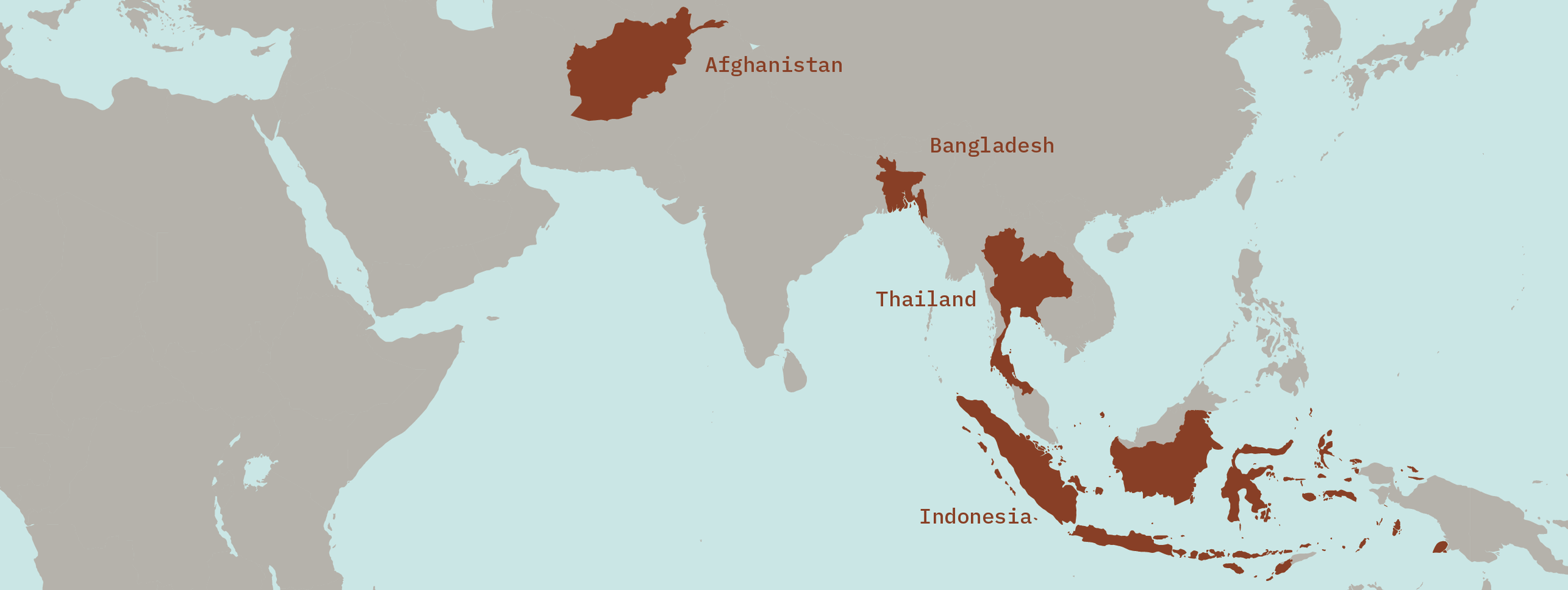
Our Impact
Here are some ways we’ve been working towards abolishing the death penalty in our region.
Afghanistan
CPJP has successfully evacuated 73 individuals at risk of execution from Afghanistan and has provided emergency operational and security support to a further 65.
Indonesia
We are working with our local partner KontraS on the production of a lawyers’ guide to death penalty legal assistance and fact-finding mission report, as well as training lawyers who wish to gain insight and knowledge into capital defence casework.
Thailand
In 2021, we submitted an amicus curiae brief to a court considering a death sentence; co-signed by CPJP and the Australian Parliamentarians Against the Death Penalty. We have since been called upon by the Department of Foreign Affairs and Trade (DFAT) to assist other Australian nationals facing death eligible charges in Thailand.
Bangladesh
We’ve been raising awareness among key policy stakeholders of the impact of the expansion of death penalty and state-sanctioned killing mechanisms, and the persecution of individuals associated with human rights defenders.

We also work in other ways to end the death penalty.
We’ve recently been working on:
Reducing Australia’s complicity in the death penalty abroad
CPJP is conducting a wide-ranging investigation into the involvement of foreign law enforcement agencies in information sharing with Asian enforcement authorities. We believe that such cooperation has led to numerous arrests, convictions and death sentences throughout the Asia Pacific region. We seek to uncover information that demonstrates failings of so-called ‘abolitionist’ states, and risks whitewashing abuse, corruption, and state-sanctioned killing by ‘friendly’ retentionist states.
Training the next generation of capital defence advocates in the region
In 2018, CPJP entered into a strategic partnership with Monash University’s Law Faculty, forming joint venture Eleos Justice. Eleos Justice is a regional hub for evidence-based research supporting abolition of the death penalty and an end to state-sanctioned killing. CPJP works with the Eleos Justice Anti-Death Penalty Clinic to carry out legal work in response to requests for support from our local partners in the Asia Pacific region.
Eleos Justice report into State-sanctioned Killing of Sexual Minorities
In February 2021, Eleos Justice and CPJP published ‘State-Sanctioned Killing of Sexual Minorities — Looking Beyond the Death Penalty’, commissioned by the Department of Foreign Affairs and Trade. We produced this report to investigate and report on state-sanctioned killing of sexual minorities globally, which involved gathering data from LGBTQI activists around the world. We have been using the report findings to work with various government stakeholders in the region to develop a policy response.
CPJP + ELEOS JUSTICE / State-Sanctioned Killing of Sexual Minorities
“The research will help open the conversation and create greater awareness concerning lawful excuses for homicides committed on the basis of an individual’s sexual orientation, and that legal protections for sexual minorities require strengthening.”




